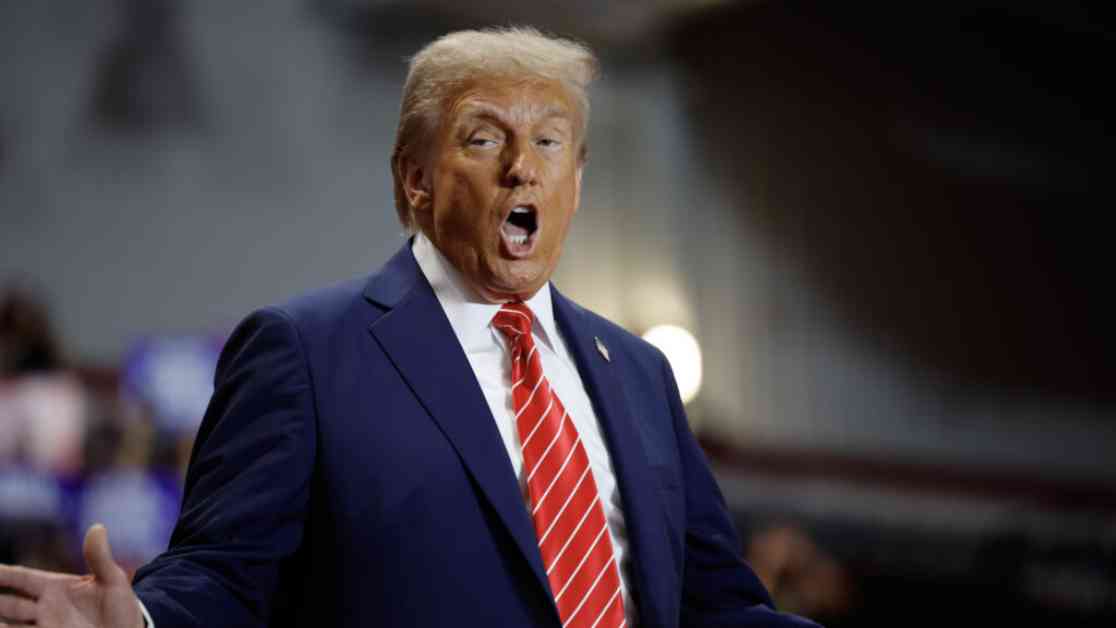Nearly 50 years ago, I expressed my disapproval of the full release of Gerald Ford’s physical examination details in a published letter. I believed that such disclosures were unnecessary and could deter certain individuals, including women and men with irrelevant abnormalities, from running for office. However, I did support the disclosure of health conditions that could impact job performance or survival.
Throughout my fifty-year career as a geriatric physician, I have cared for thousands of older adults. From this perspective, the current public discourse on aging and its effects on political leaders is frustrating. This year’s presidential campaigns have been plagued by misdirected attention and misleading communication, particularly concerning President Joe Biden and former President Donald Trump.
Criticism of Biden’s slow speech, difficulty finding words, and walking pace has been rampant, with some attributing these issues to his age and suggesting a decline in intellectual skills and life expectancy. However, in my opinion, the focus on these physical aspects overlooks the essential qualities needed in a president, known as “executive functions.” These skills include critical thinking, decision-making, team-building, and strategic planning, which are crucial for effective leadership.
On the other hand, Trump’s behavior has raised concerns about his executive capabilities, given his disregard for facts, inconsistency, and impulsive decision-making. While age may contribute to some cognitive challenges, Trump’s long-standing issues with executive functions appear to be more deeply rooted in his character and behavior.
Moreover, Trump’s physical health, marked by obesity, poor diet, high cholesterol, and lack of exercise, poses additional risks, such as cardiovascular events. Despite these concerns, there has been a lack of emphasis on the health of vice-presidential candidates in public discourse.
Presidential campaigns serve as extended job interviews for a critical role that demands strong leadership, strategic thinking, and diplomacy. While physical health is important, cognitive abilities and character traits are equally vital for effective governance. It is essential for voters and the media to focus on evaluating candidates based on their skills, experience, and character rather than solely on age-related factors.
As a clinical professor specializing in geriatrics and palliative care, I advocate for a more nuanced approach to assessing political leaders’ fitness for office. By shifting the narrative towards a comprehensive evaluation of candidates’ executive functions, skills, and character, we can make more informed decisions about who is best suited to lead our nation. Ultimately, the public discourse should prioritize substance over superficial age-related concerns in evaluating presidential candidates.

















